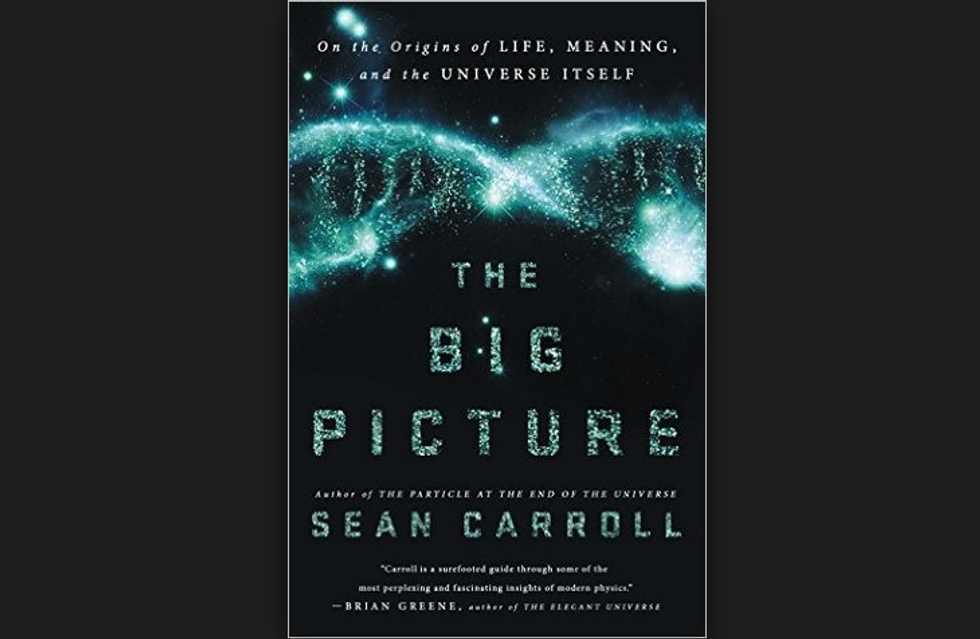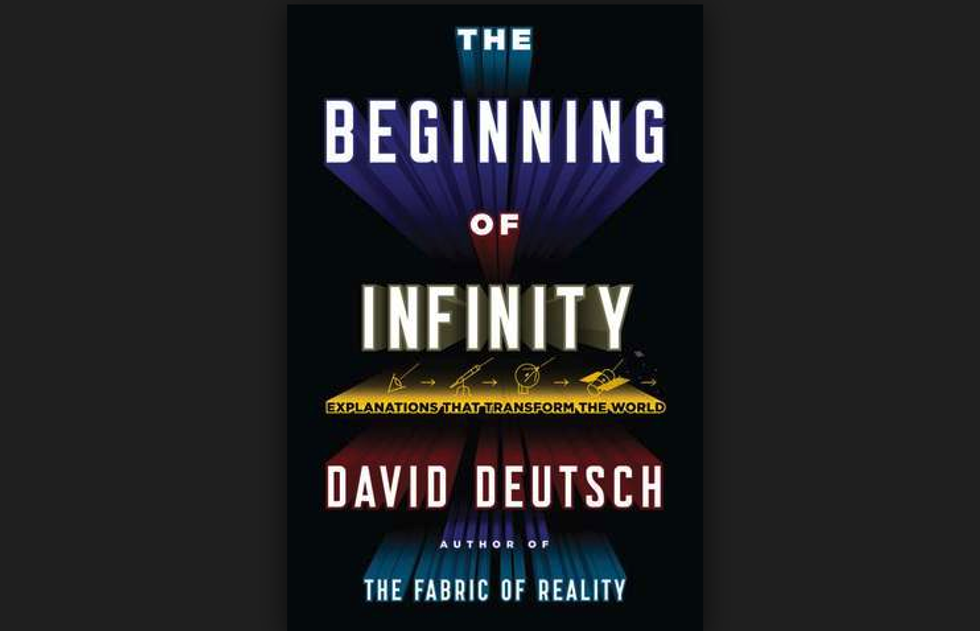
5 Books that Will Make You Appreciate the Wonders of Science (Even If You Think You Don’t)
Science makes everything we do and see possible, but many of us don’t know a whole lot about it.
Canadian-American psychologist Steven Pinker recently shared his recommendations for science books we don’t have to actually be scientists to enjoy in an A.V. Club video. Any of us can pick the books he recommended and instantly broaden our horizons.
Truly great scientists often seem unapproachable, as if they speak a language on a level only they can understand (real-life Big Bang Theory, really!), so scientists who make great discoveries and are able to share them in a way that anyone can relate to are a rare gift.
The five books below are a great start to appreciate the wonders of science.
RELATED: Here Are 11 of the Best Self-Development Books of All Time
1. One, Two, Three, Infinity by George Gamow
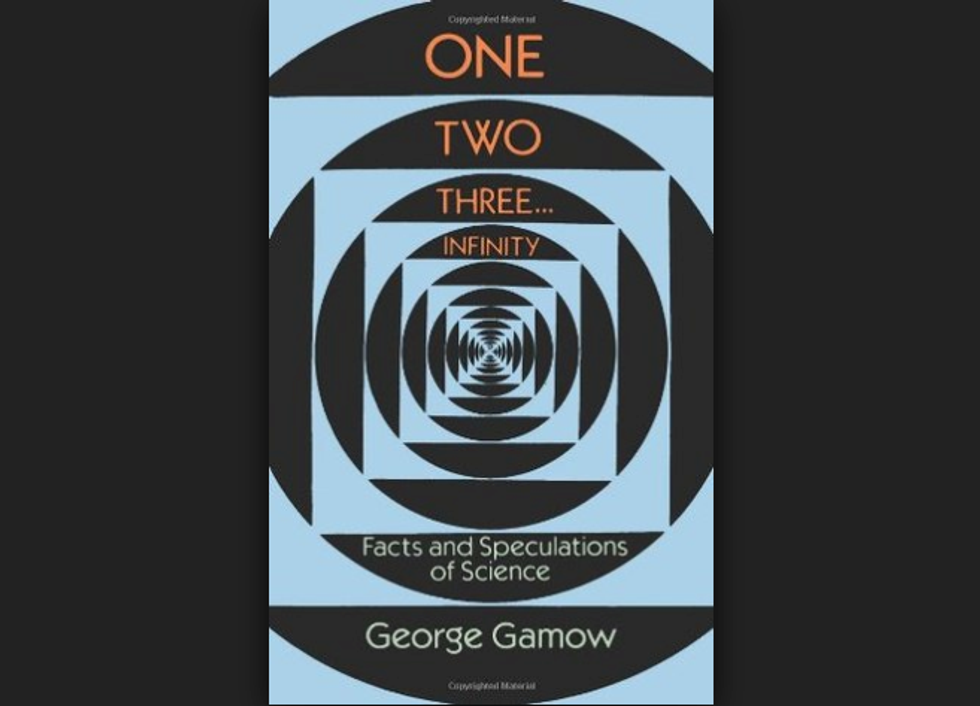
This book explains concepts such as relativity and the number theory, and puts them in readable context — even middle-schoolers will be able to understand it. But don’t get fooled by the simplicity.
Gamow is one of the world’s foremost theoretical physicists, so the book contains tons of valuable takeaways. It even had a huge impact on Neil deGrasse Tyson.
2. The Blind Watchmaker by Richard Dawkins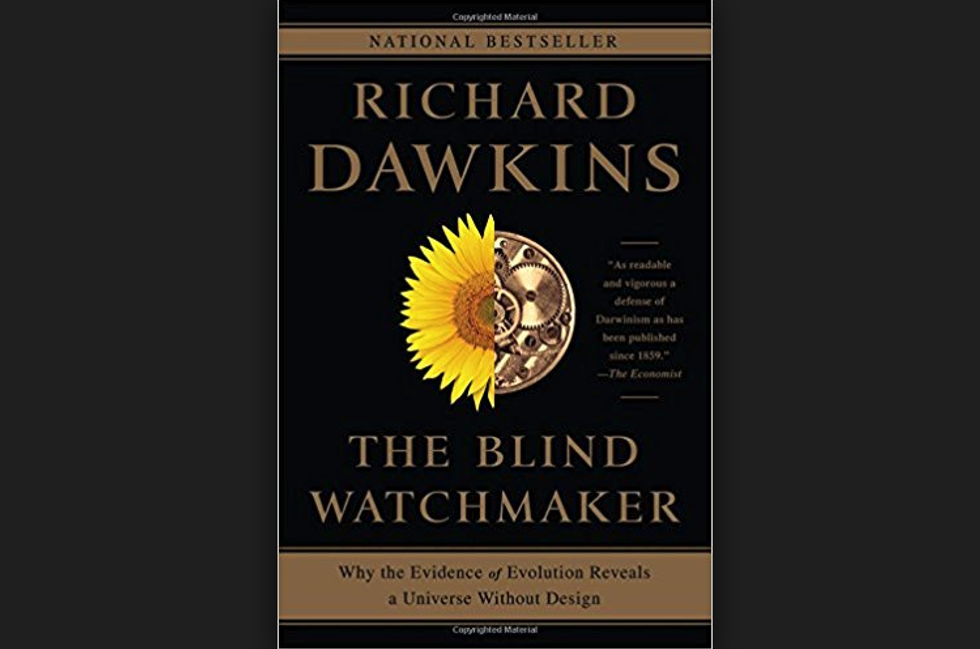
A good work to understand the basic building blocks of evolution, and where it stands today. Again, these works take big science concepts and break them down in an easy-to-understand way.
This compelling read will perhaps challenge your beliefs about the meaning of human existence.
3. The Big Picture by Sean Carroll
A physics work that puts big concepts in way more understandable and approachable terms. It’s exciting to see something as big and overwhelming as the universe broken down into ways we can grasp.
Carroll explores concepts like free will and morality, and it will get you thinking about your life purpose.
4. The Beginning of Infinity by David Deutsch
Deutsch, a theoretical physicist, reasons on how to understand and explain the universe, and explores the human mind and what drives us to do what we do.
This book is not only about science, but also about literally everything and anything that has to do with life and society.
5. How the Mind Works by Steven Pinker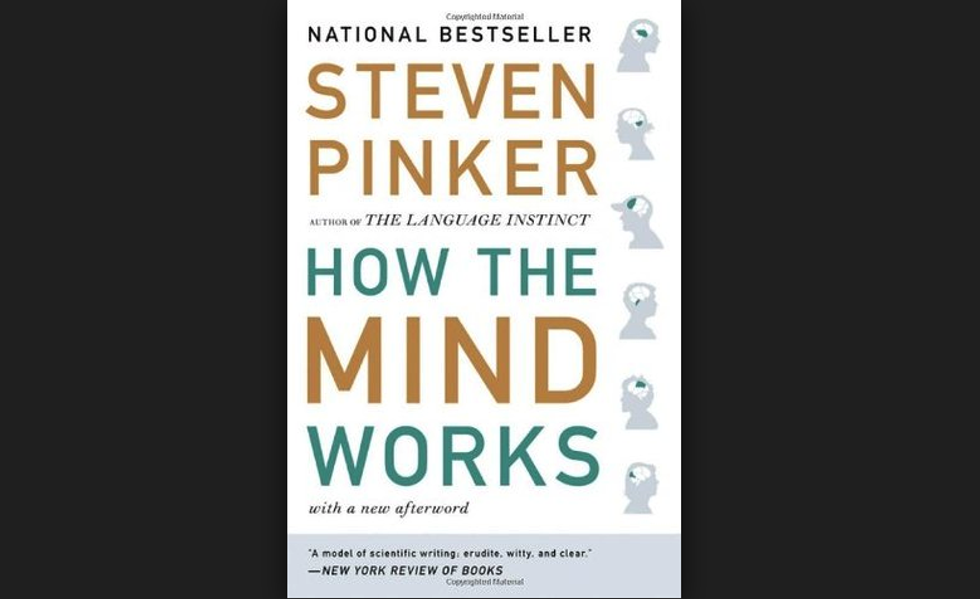
Quite simply, this work explores (the not-so-simple concept) of how the mind works. How do we see, think, remember, and feel emotions about the physical world around us?
The mind often feels as complicated and massive as the galaxy, and the way we explore both is, in a way, rather similar.

